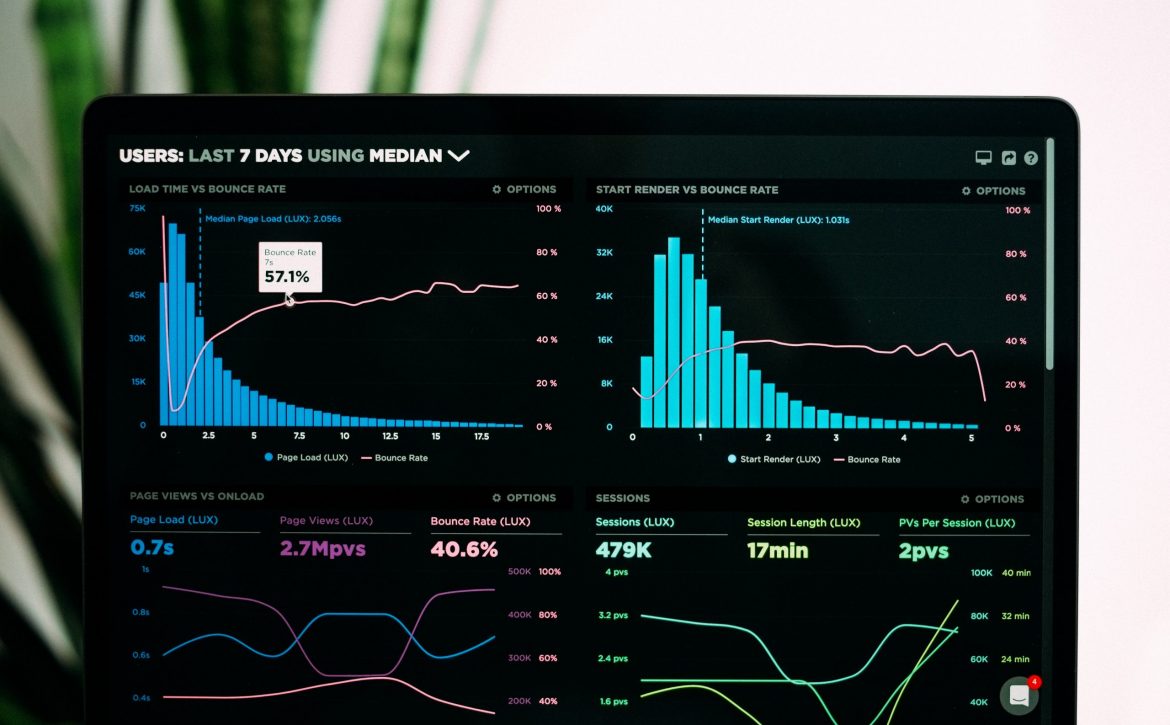The Role of Big Data in Mobile App Development: Transforming User Experiences
The mobile app landscape is booming. With billions of smartphones in use worldwide, mobile apps have become an indispensable part of our daily lives. This explosion in usage translates to a massive amount of data being generated through app interactions. But this data deluge presents both a challenge and an opportunity.
What is Big Data, and Why Does it Matter for Mobile Apps?
Big Data refers to vast and complex datasets that are difficult to process using traditional methods. It’s characterized by three key features: volume (massive amounts of data), variety (data comes in various formats like text, images, videos), and velocity (data is generated at an ever-increasing speed).
Managing and analyzing this data from mobile apps can be overwhelming. However, Big Data holds immense potential for mobile app development. By leveraging Big Data, app developers and product managers can gain valuable insights into user behavior, personalize app experiences, and make data-driven decisions to improve app performance and user engagement.
Big Data Applications: Powering User-Centric Mobile Apps
Big Data unlocks a treasure trove of possibilities for mobile app development. Here are some key ways Big Data is revolutionizing the app landscape:
- User Behavior Analytics: Imagine being able to understand exactly how users navigate your app, where they encounter difficulties, and which features they use most frequently. Big Data analytics makes this possible. By analyzing user behavior patterns, developers can identify pain points, optimize app features based on usage, and prioritize future development efforts.
- Personalization and Recommendation Engines: In today’s competitive app market, personalization is key to user retention and engagement. Big Data allows you to personalize the user experience by tailoring app interfaces, content recommendations, and product suggestions based on individual user preferences and past behavior.
- Real-time Analytics and Decision Making: Big Data enables real-time analysis of user activity and app performance. Imagine identifying app crashes the moment they occur or optimizing server load based on real-time usage. This allows for proactive problem-solving and continuous improvement of the app experience.
- Predictive Analytics and User Engagement: Big Data goes beyond understanding past behavior. Predictive analytics leverage historical data to anticipate future user actions. This can be used to identify users at risk of churn and trigger targeted in-app notifications or promotions to increase engagement.
- Location-Based Services and Geofencing: Location data, when used responsibly with user consent, can unlock a new level of user experience. With Big Data, you can provide location-based recommendations, send targeted promotions based on user proximity to specific locations, and create geofenced functionalities that enhance user experience.
Security and Privacy: Responsible Use of Big Data
The power of Big Data comes with a responsibility to ensure user data security and privacy. Here’s what you need to consider:
- Data Security: Implementing robust security measures like data encryption, anonymization, and secure storage practices is crucial when dealing with user data.
- User Consent: Always obtain informed user consent for data collection and clearly communicate how data will be used.
Leading mobile app companies are already reaping the benefits of Big Data.
Netflix utilizes Big Data to analyze user viewing habits and recommend content tailored to individual preferences, significantly boosting user engagement. Similarly, Big Data allows Spotify to analyze user listening patterns and create personalized playlists, podcasts, and music recommendations, enhancing user experience and discovery.
These are just a few examples of how Big Data is transforming the mobile app landscape. By leveraging Big Data responsibly and creatively, app developers can create user-centric apps that are not only more engaging but also deliver genuine value to their users.
Ready to Harness the Power of Big Data for Your Mobile App?
GoodWorkLabs has extensive expertise in Big Data solutions and mobile app development. We can help you leverage Big Data to gain actionable insights, personalize user experiences, and drive business growth through your mobile app.
Contact GoodWorkLabs today to discuss how we can help you unlock the full potential of Big Data for your mobile app!












